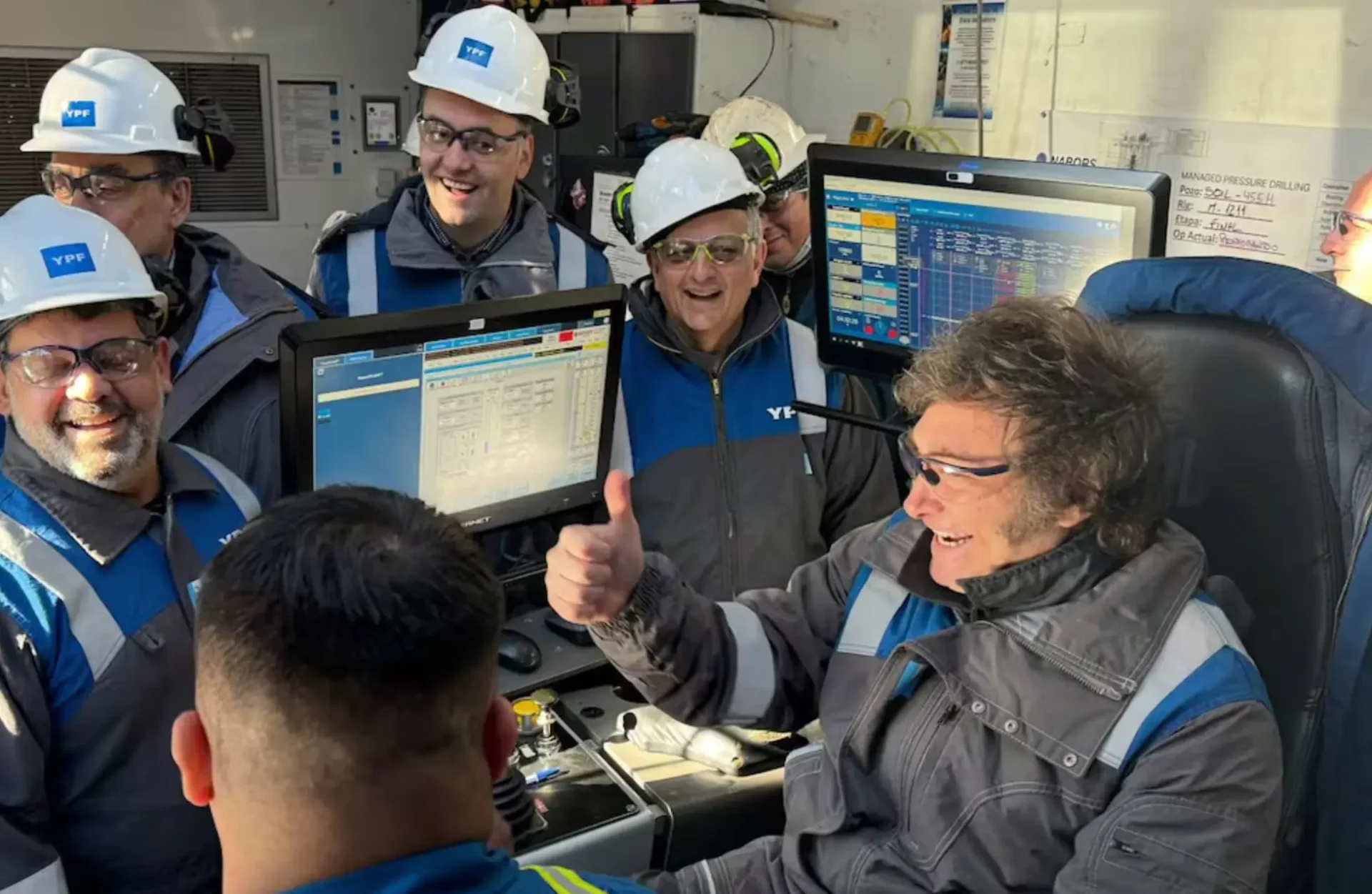At this time of year, we could reflect on the destructive effects of various natural disasters (cyclones, floods, fires, droughts) whose intensity has been exacerbated by climate change. A recent report warns us of the growing dangers posed by these phenomena to humanity, as well as the threats they entail, such as forced migration and tensions over water scarcity. These challenges erode the quality of our democracies, fostering a survival-of-the-fittest mentality, the rise of far-right ideologies, and climate denialism.
With 90% of greenhouse gas emissions linked to the use of fossil fuels, carbon and methane concentrations break records year after year. Methane alone is responsible for over 30% of the temperature increase observed since the start of the industrial revolution. Although it persists for a shorter time in the atmosphere, its higher absorption capacity makes methane emissions particularly harmful. This urgency calls for abandoning gas exploitation altogether. Yet, natural gas is still labeled as a “transition fuel”—a contradiction embraced by many amid growing climate denialism.
Little attention is given to the rising financial risks associated with an oversupply of liquefied natural gas (LNG) currently in the pipeline. This surplus could lead to many projects failing to yield expected returns. Operational dynamics in the LNG market have also shifted: prices and quantities are now subject to short-term volatility, unlike traditional markets where gas deliveries were tied to long-term contracts. Furthermore, climate risks affect the logistics of LNG commercialization, such as pipelines, liquefaction plants, and LNG vessels. These infrastructures are often located in areas prone to extreme weather events and rising sea levels.
Geopolitical risks are another concern, as they may increase costs, including maritime transportation expenses. LNG terminals are capital-intensive projects, requiring significant investments and long amortization periods, leaving them vulnerable to transition risks. Despite this, governments continue to support these projects through subsidies and exemptions, disregarding prior environmental commitments and overlooking the environmental costs (externalities) of such activities.
The International Energy Agency (IEA) predicts that fossil fuel consumption will peak before the end of this decade. Even under the most pessimistic scenarios, existing projects will suffice to meet future demand. The annual BP Energy Outlook consistently revises future demand scenarios downward. Achieving net-zero emissions would leave no market for current projects, and even alternative scenarios do not guarantee demand. The LNG market faces growing uncertainty, particularly regarding whether Asia will maintain current demand levels over the next 10–15 years. Fossil fuel prices remain high and volatile, while renewable energy investments continue to progress in major importers like Japan and South Korea. In the European Union, the transition is accelerating: wind energy is now the second-largest source of electricity generation, surpassing gas, and solar capacity continues to expand. This implies a substantial cut in gas demand, which the European energy plan, known as REPower EU, estimates at 52% by 2030, compared to 2019 values. This evidence should temper the Argentine government’s expectations for the LNG market.
Globally, renewable sources now account for 30% of electricity generation. Advancements in renewable energy technology and falling equipment costs, along with improvements in battery storage, will likely influence importers’ decisions and hasten the transition.
The uncertain future demand increases financial risks for new projects. In Argentina, LNG initiatives would not become operational until the next decade, leaving little time to recover investments if demand projections hold true. What price—in dollars per million British thermal units, or BTUs—would LNG need to fetch for Argentine exports to remain profitable?
The most discussed project is in Punta Colorada, a town in Río Negro province’s San Jorge Gulf, an area recently stripped of its protected status. This decision was driven by the enthusiasm of Río Negro’s three branches of government for the economic potential of the extractive model. They swiftly approved a new foreign investment incentive regime (RIGI) while stifling civil society opposition.
The funds required for the project, spearheaded by Vaca Muerta Oil Sur (VMOS), exceed $3 billion. Two additional projects are planned to supply the LNG liquefaction plant in Punta Colorada, with investments estimated at $30–50 billion. Industry leaders claim these investments could enable exports worth $15 billion annually, primarily to Europe and Asia, with the capacity to service 400 ships per year.
However, it is unclear if transition risks and the potential devaluation of assets (stranded assets) before amortization are being considered. Such scenarios have the potential to lead to another sovereign debt crisis. As the year ends, we witness our carbon budget’s exhaustion, while investment decisions drift further from the commitments made in the Paris Agreement (2015).
Local media highlight the development opportunities promised by these investments, envisioning a transformation of Playas Doradas’ bucolic character into a “symbol of Argentina’s oil industry.” Yet this is an industry on its last legs. Financial risks and the existential threat posed by continued reliance on oil remain largely unaddressed.
*Machine translation proofread by Ricardo Aceves.












